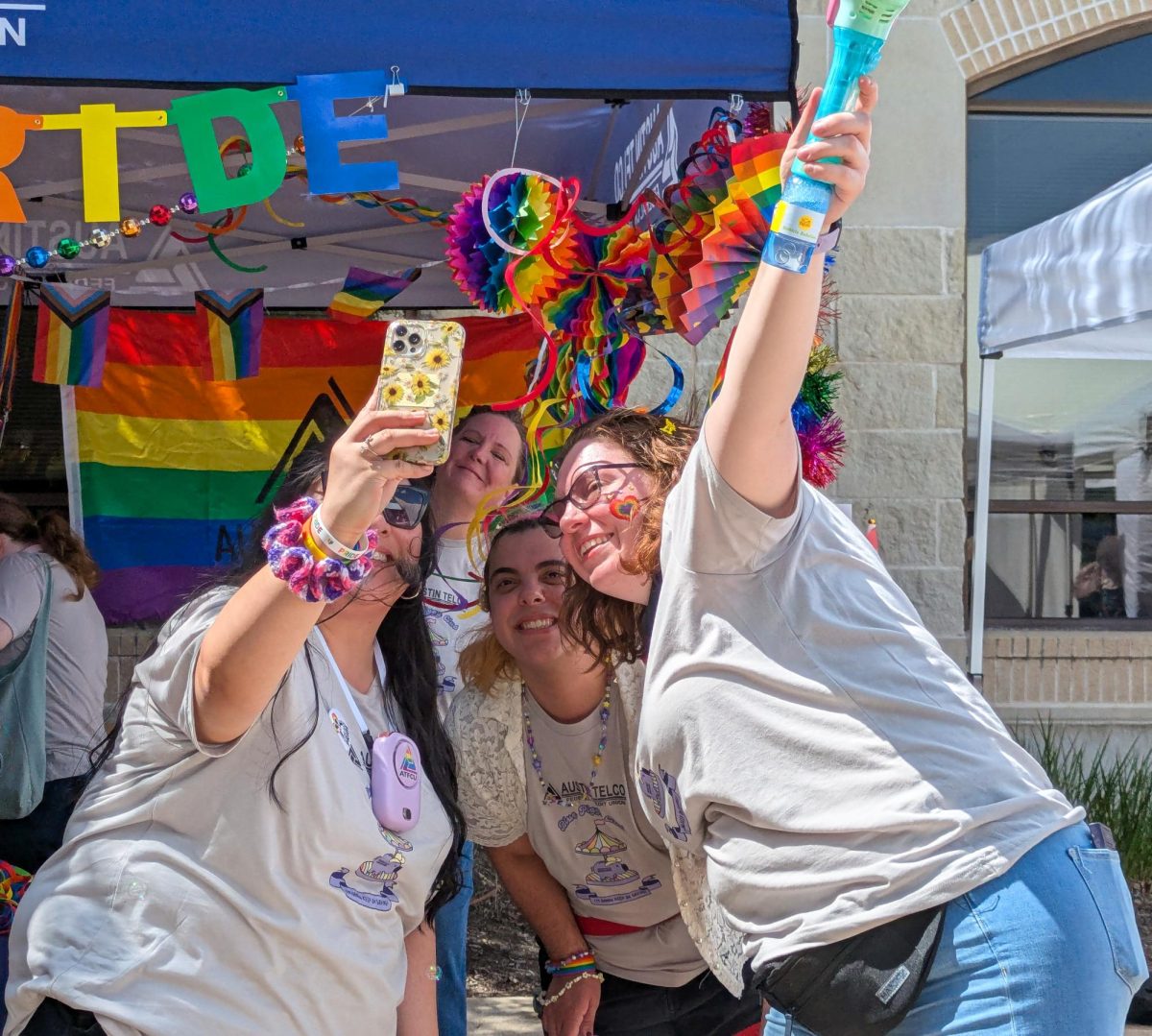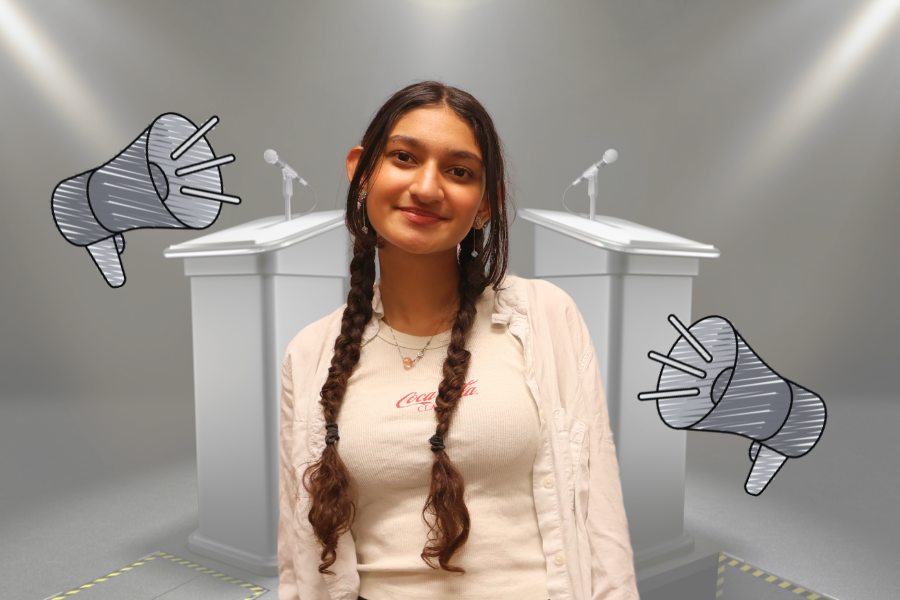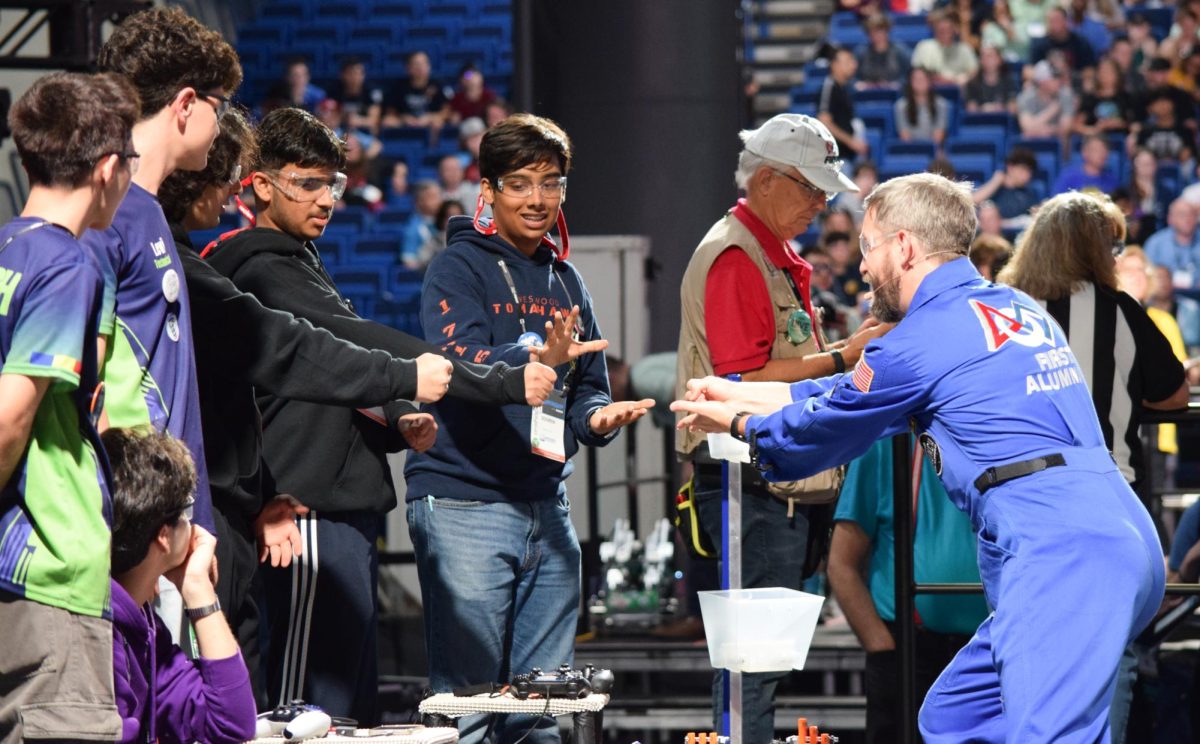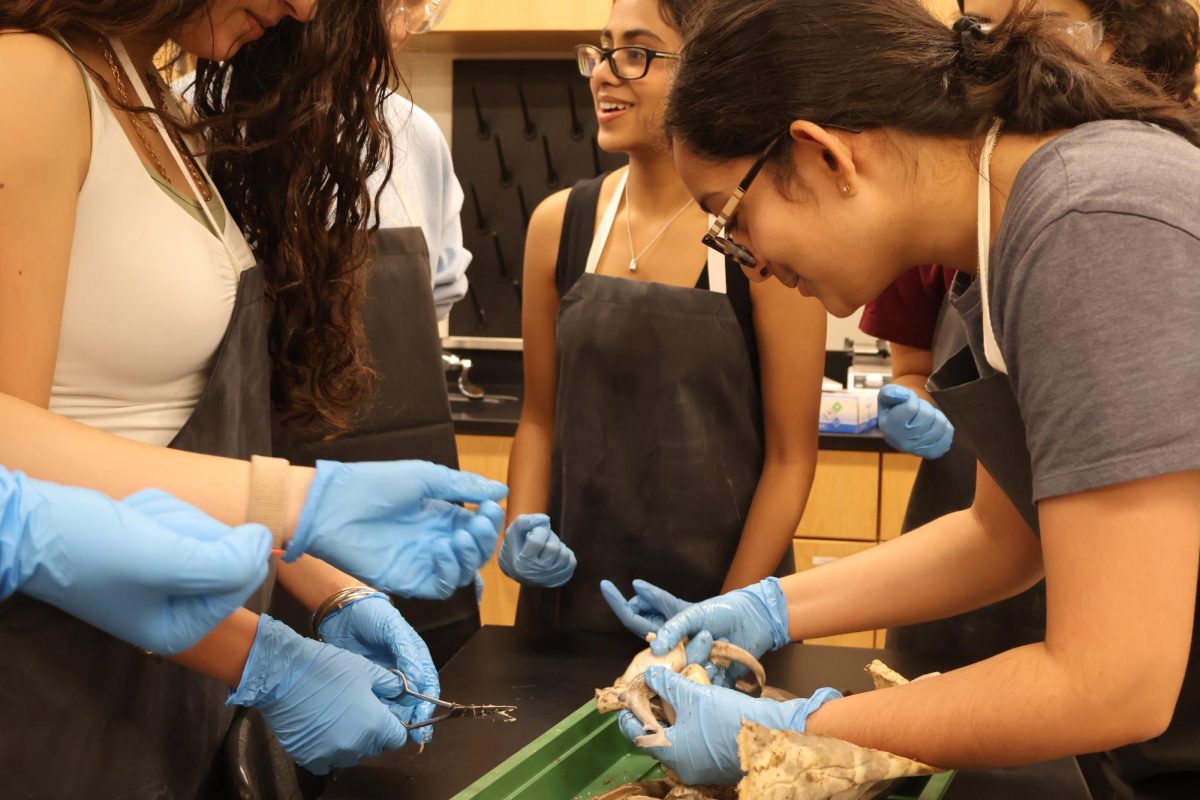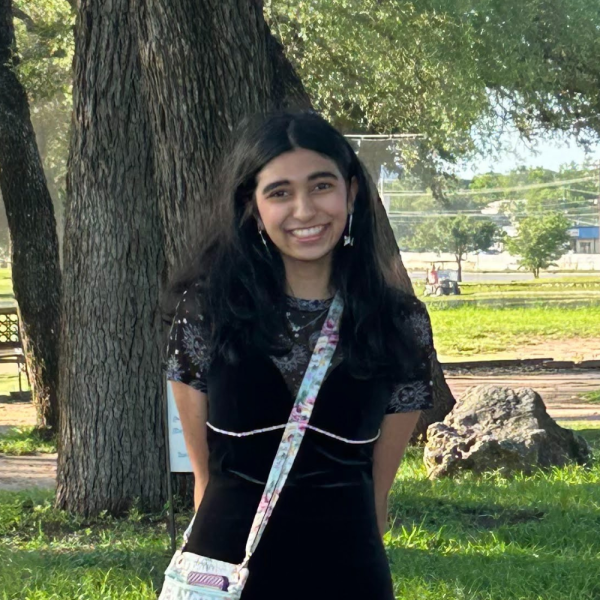What started as a campus-based initiative by the University of South Carolina’s (USC) Mental Illness Needs Discussion (MIND) Club has grown into something much bigger: a nationwide mental health awareness movement, using freezing ice water along the way. The #SpeakYourMIND Ice Bucket Challenge, inspired by the viral 2014 Amyotrophic Lateral Sclerosis (ALS) Ice Bucket Challenge, is now sweeping throughout the nation as students step up to take the plunge. At Westwood, the challenge has completely taken over students’ Instagram stories, with every other story seeming to be someone getting drenched and tagging two to five more friends to keep the chain going. It quickly turned into a local trend, with students rallying around the cause and sharing donation links alongside their videos.
The premise of the challenge is simple: participants are invited to dump a bucket of ice water on themselves and challenge others to do the same, all in the name of mental health awareness. The point of pouring cold water over oneself is to serve as a visually shocking activity, similar to the shock of sudden and overwhelming mental health struggles. This kind of visual shocking activity has traditionally made challenges like this go viral on social media. However, it’s not solely about getting soaked or going viral — the challenge also asks participants to include a donation link to Active Minds, a national nonprofit focused on student mental health, in their posts and Instagram stories.
“I think people are using cold water to just recreate the [ALS] Ice Bucket Challenge from a while back, to spread awareness of the cause while also getting people excited about a new trend,” Eva Malik ‘27 said. “But I’ve seen nearly no one donate, post about donating, or do much besides tagging USC, which in the end means you aren’t spreading awareness — it’s just performative activism.”

Since the challenge’s launch, the campaign has raised over $300,000 in donations for Active Minds, an amount that has exceeded the expectations of the MIND Club members who first launched the initiative. Perhaps more importantly, though, the campaign has promoted countless students to publicly acknowledge and engage with mental health in an accessible manner.
“Initially, I thought [the challenge] was kind of dumb,” Elaine Liu ‘28 said. “But since everybody’s [stories tagged] @uscmind, I decided to click on it, and I found out it was for awareness which I thought was really cool.”
While the challenge began on a college campus, the campaign’s reach has extended well beyond USC, spreading across social media platforms and student networks globally. The MIND Club at USC initially introduced the challenge to jumpstart conversations about mental health in an engaging way. Since then, the challenge has taken on a life of its own, showing up in highschool parking lots and backyards everywhere.
“[The reason behind the popularity] was probably the amount of nostalgia the challenge brought to people,” Sofia Granados ‘27 said. “It had been introduced in 2014 for another cause, ALS, and overall people just wanted to be able to do it again. It began spreading in our school with constant nominations from other classmates online, with more people doing it and nominating others [on Instagram].”
While the challenge has fundraised an impressive amount for Active Minds, not everyone is convinced that the challenge is having its intended impact. Some students are questioning whether people are actually engaging with the issue of mental health or just using the challenge for likes, with various individuals reposting information about the challenge’s initial purpose.
“I really don’t think the challenge itself is bringing much awareness,” Granados said. “It’s a reused concept that doesn’t make sense in the context of mental health. It made sense with ALS, since it helped people feel the temporary paralysis that people with ALS have. [Now,] people just want to engage in a fun trend they can do with their friends, and continue to spread it because it’s trending.”
Regardless of how students feel about its virality, one thing is clear: people are talking about mental health more than ever. At schools across the country, conversations about anxiety, stress, and student well-being take place in classrooms, hallways, and lunchrooms. For many students, that in itself is an important breakthrough, especially in environments where these topics usually go unspoken.
“[I think it’s the] stigma normally stopping students [from] discussing these topics,” Liu said. “I feel like a lot of people will think you’re faking it or doing it for attention, but this challenge does a good job at spreading awareness.”
At a time when student stress, anxiety, and isolation are at an all-time high, even a simple bucket of water can be meaningful. Whether it’s the splash itself or the conversations that follow, the #SpeakYourMIND Ice Bucket Challenge seems to be pushing mental health into the spotlight. The challenge has been able to serve as a visual metaphor — one that has managed to start discussions in schools where mental health was once invisible.
“It has a profound impact, informing people about mental health problems and facilitating some sort of change, even if it isn’t to an immense scale,” Varun Harith ‘28 said.




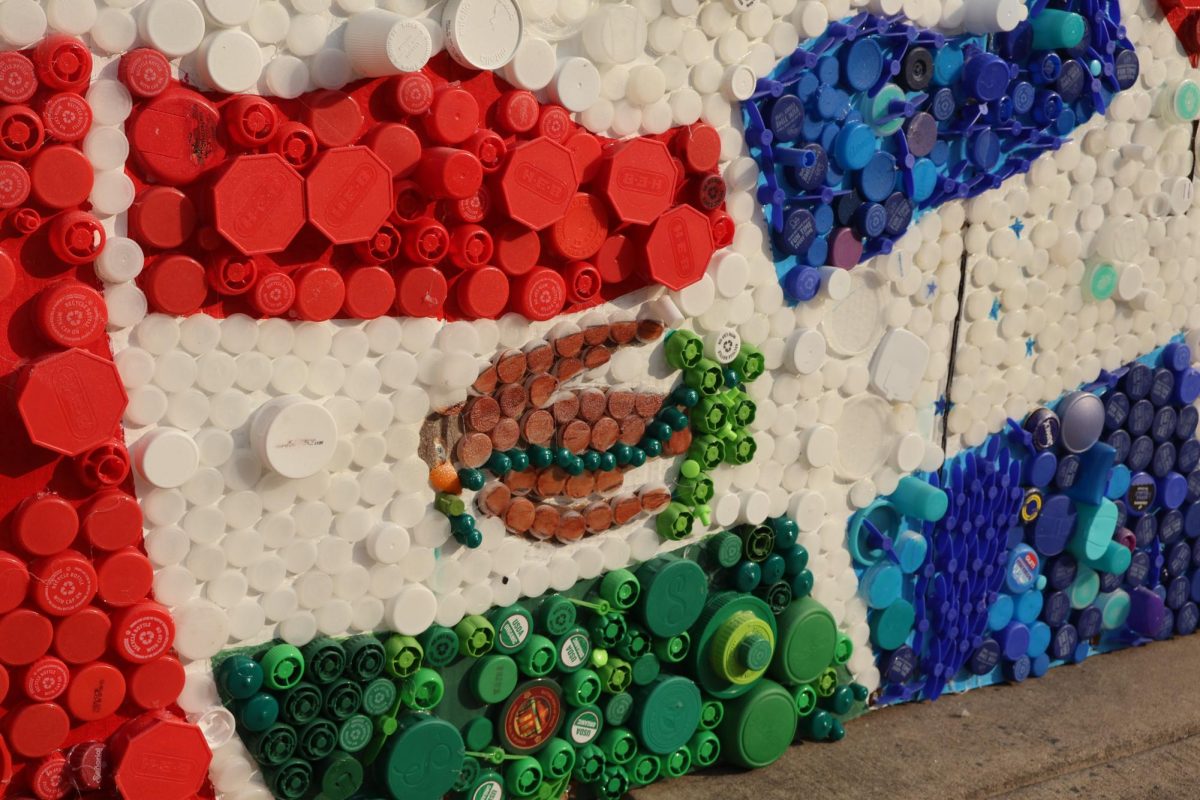

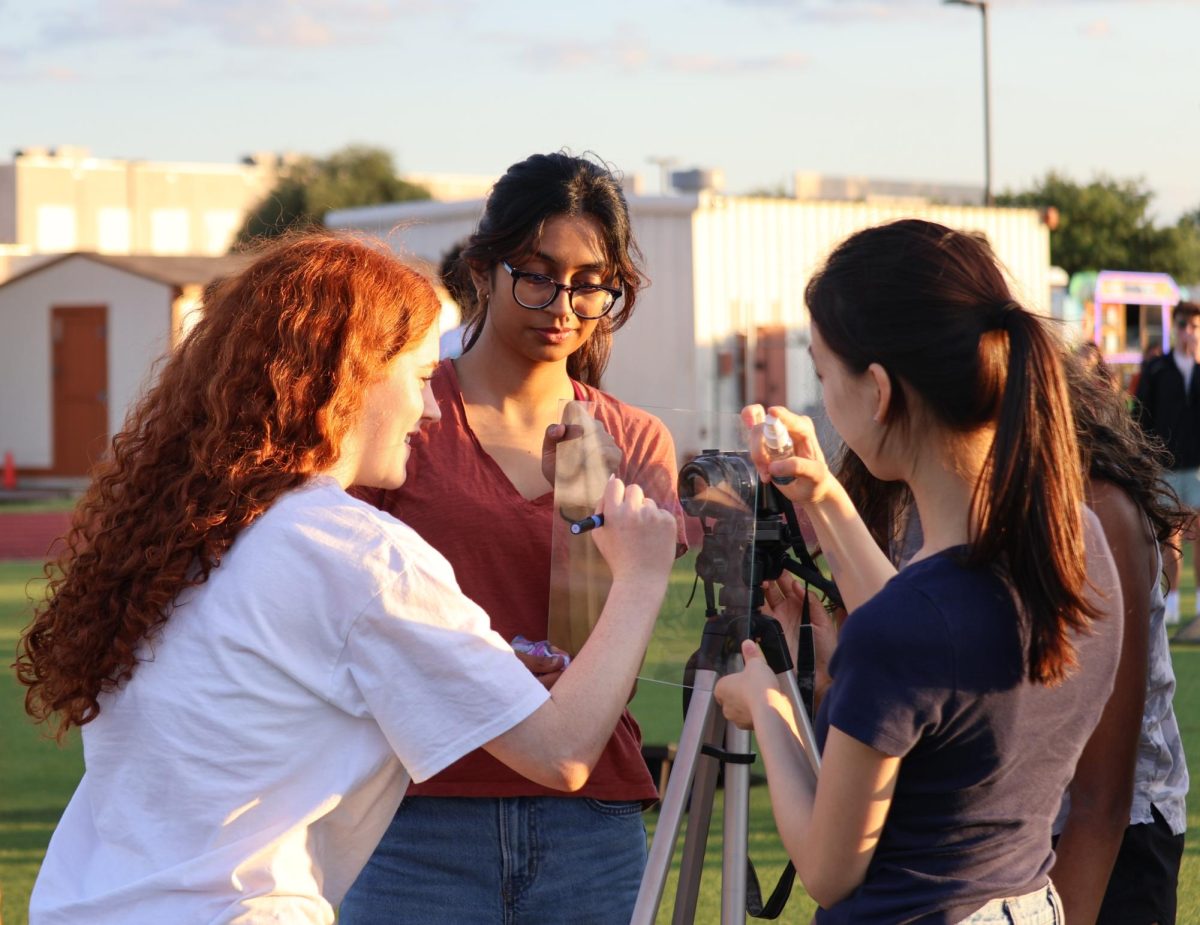
![Holding her plate, Luciana Lleverino '26 steadies her food as Sahana Sakthivelmoorthy '26 helps pour cheetos into Lleverino's plate. Lleverino was elected incoming Webmaster and Sakthivelmoorthy rose to the President position. "[Bailey and Sahiti] do so much work that we don’t even know behind the scenes," Sakthivelmoorthy said. "There’s just so much work that goes into being president that I didn’t know about, so I got to learn those hacks and tricks."](https://westwoodhorizon.com/wp-content/uploads/2025/05/IMG_0063-1200x1049.jpg)



